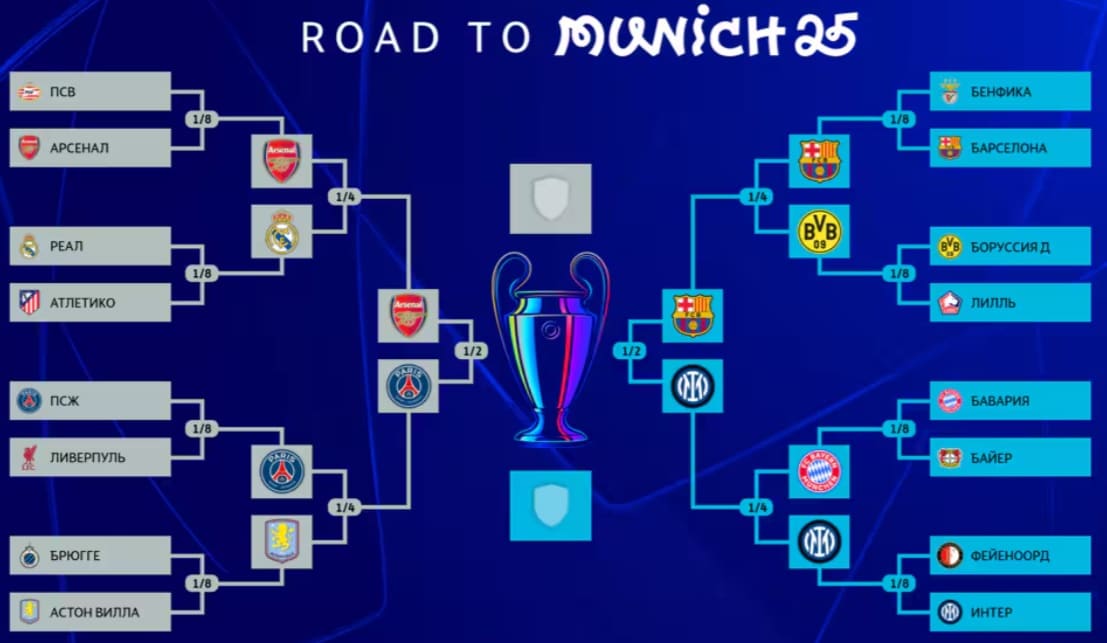In a move that promises to reshape the grandest club football spectacle, UEFA has announced a significant shift in the kickoff time for the Champions League final. Fans, broadcasters, and host cities alike are now looking towards an earlier, daylight start, heralding a new era for the beautiful game`s pinnacle event.
A Departure from Tradition: Why 6 PM?
For decades, the UEFA Champions League final has been synonymous with late-night drama, often kicking off at 9 PM local time. While this schedule suited prime-time European television audiences, it frequently left attending fans grappling with logistical headaches long after the final whistle. Picture this: a match extending into extra time and penalties, concluding well past midnight, followed by jubilant (or dejected) supporters attempting to navigate public transport systems that are winding down for the night.
UEFA, in a statement that signals a clear pivot towards a fan-centric approach, confirmed that the 2026 final at Budapest`s Puskas Arena will now begin at 6 PM local time (12 PM ET). This seemingly minor adjustment carries a profound intent: to enhance the overall matchday experience for everyone involved.
Beyond the Whistle: Tangible Benefits for All
The decision to shift to daylight hours isn`t merely a gesture; it`s a calculated strategy designed to deliver multiple tangible benefits:
-
Improved Fan Logistics and Safety:
For the thousands of traveling supporters, an earlier finish means better access to public transport, which is typically more robust and frequent during evening hours compared to the dead of night. This translates into a safer, more convenient journey back from the stadium, reducing the potential for stranded fans or security concerns. It seems even the titans of European football eventually conceded that getting home before midnight might actually be a “fan experience” worth prioritizing.
-
Family-Friendly Atmosphere:
The prestige of a Champions League final is undeniable, but a late kickoff can be a formidable barrier for families with young children. A 6 PM start makes the event far more accessible, allowing younger generations to witness the magic of club football`s biggest game without sacrificing precious sleep or grappling with late-night commutes.
-
Economic Boost for Host Cities:
A daytime finish doesn`t just benefit individual fans; it offers a significant boon to the host cities. With the match concluding earlier, supporters are more likely to stay out longer, continuing their celebrations (or commiserations) in local establishments. This extended engagement directly translates into increased economic activity, boosting local businesses and maximizing the positive financial impact of hosting such a monumental event.
-
Wider Global Broadcasting Window:
While the focus is on the stadium experience, the global reach of the Champions League cannot be understated. An earlier kickoff aligns with a more accessible broadcasting window worldwide. This is particularly crucial for engaging audiences in regions like Asia and the Americas, where a 9 PM European kickoff translates to inconvenient late-night or early-morning viewing. By targeting a broader television and digital audience, UEFA aims to attract new viewers, with a particular emphasis on younger demographics who are increasingly consuming content across various time zones.
A Consulted Change: Listening to the Supporters
This decision wasn`t made in a vacuum. UEFA engaged in discussions with Football Supporters Europe (FSE), the confederation`s official liaison on fan-related issues. This collaboration underscores a refreshing commitment to understanding and addressing the practical concerns of those who fill the stadiums and provide the atmosphere that makes these events so special.
The Budapest Blueprint and Beyond
The 2026 final in Budapest serves as the initial testing ground for this new schedule. While UEFA has not yet clarified if this timing will be a permanent fixture for all future Champions League finals, the detailed rationale and the stated benefits suggest this could be more than a one-off experiment. It hints at a potential recalibration of priorities, where commercial interests are increasingly balanced with the genuine well-being and engagement of the global football community.
As the European football calendar continues to evolve, this strategic move by UEFA represents a conscious effort to make its marquee event not just a spectacle of elite sport, but also a more inclusive, accessible, and enjoyable experience for millions, from the stadium seats to living rooms across the globe.
The era of bleary-eyed commutes after football`s grandest final might just be drawing to a close, replaced by brighter, more convenient celebrations. And perhaps, that`s a change everyone can cheer for.

